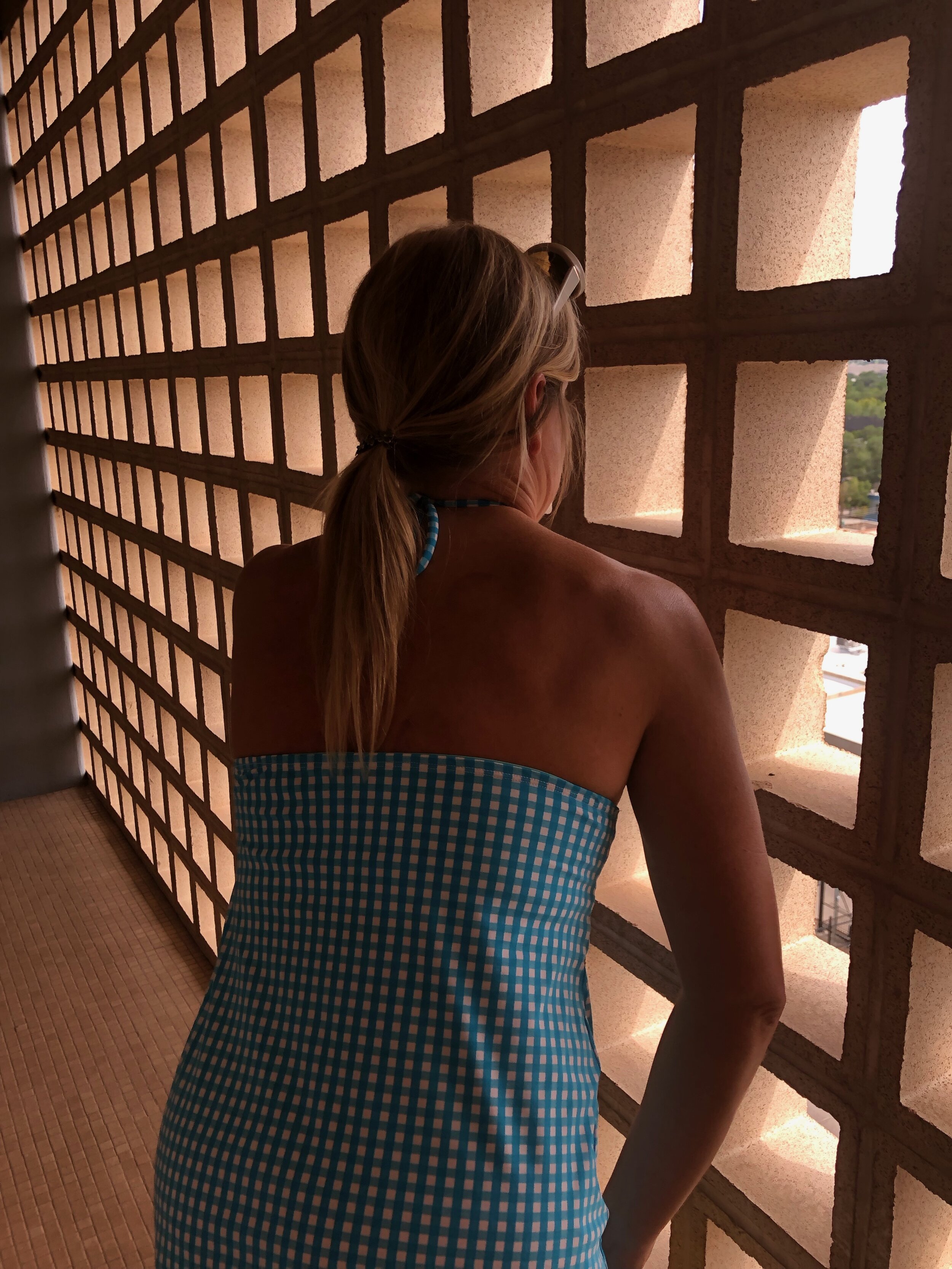Yes, New Mexico, this is for you, but the reality is that it could be for any state – or any country.
Several weeks ago, The Albuquerque Journal ran an article about suicide here in New Mexico talking about how much the numbers have gone up. When I thought it was time to move on– that I had done everything I needed to– the numbers were increasing, but we could see what was happening. The economy had tanked, but there also were more people reaching for help. And today it’s hard to really know how much numbers compare when suicide has become a more acceptable death for people with terminal pain and illnesses.
The discussion always turns to the increasing numbers of teen– and younger– suicides. People term these the most heart wrenching because of a life that barely starting ending early. But people also forget that we lose more middle-aged men to suicide than other other age group. That means that these teens are losing their fathers, their uncles, their role models.
While we don’t exactly know how much influence a suicide has on the bereaved, anyone left behind to mourn the death, we do know there is an effect. And we know that when you’ve had a suicide, that word becomes part of your personal vocabulary. I used to say it was no longer something that happened to the family down the street on the “Tuesday Night Movie.” While we say it’s not an option to those of us who have had one, yes, it is an option because it’s happened once before and now it’s in our own orbit.
I used to train people on warning signs of suicide, how to ask the question if one was suicidal, what to do when someone was worried about someone. However, what we were never able to do was to keep going back and inoculating people year after year. You can’t just get trained once. Every place– and this should include school bus drivers, cafeteria workers, coaches, and anyone else who comes in contact with kids in any sort of setting– should be trained yearly as staff changes, as situations happen and people have questions maybe they didn’t have before.
The end of the article stated that they had reconvened a group that would suggest recommendations to make changes here in New Mexico. They aren’t reinventing the wheel, what’s changed is the people doing the work. We’re not talking about it more than we used to. Rather people are more likely to listen. However, true change will only happen if we continue to educate people – no differently than on the ill effects of smoking, on CPR, on how to spot skin cancer, how to do a breast exam– year or after year.
After all, isn’t life itself worth that?

